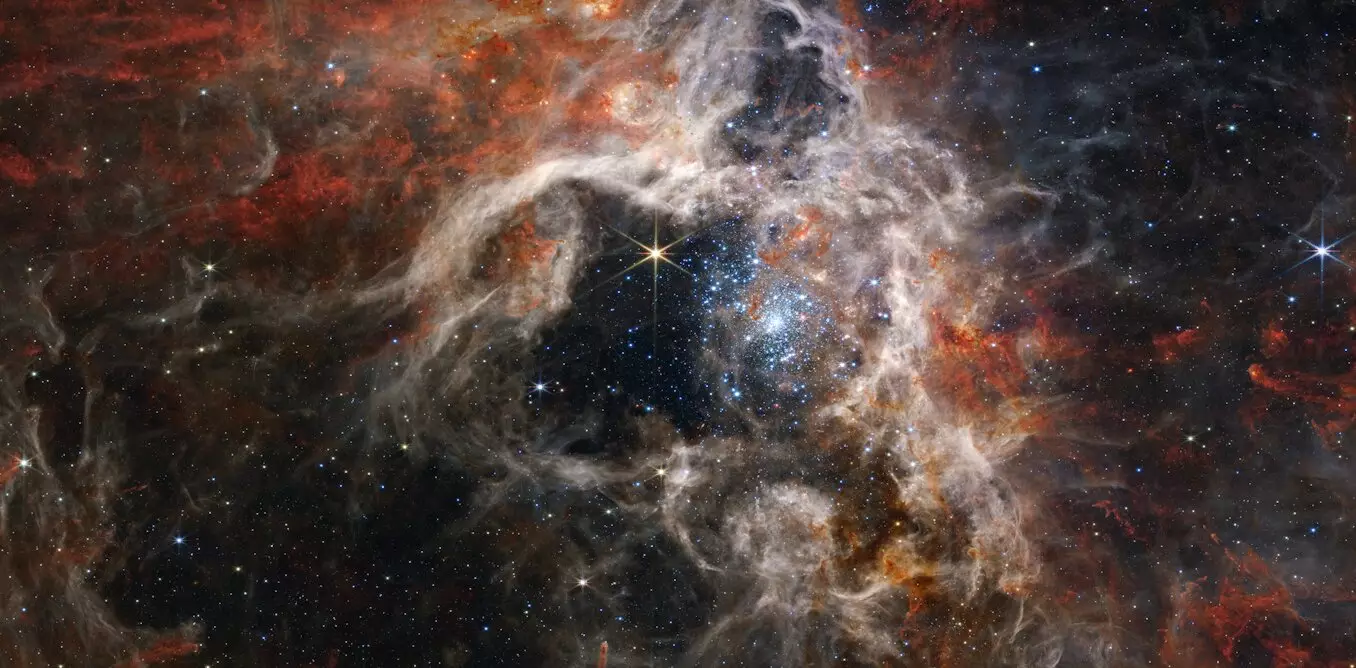Our universe, seemingly stable after 13.7 billion years of existence, is under threat. The culprit behind this looming danger is none other than the Higgs boson, a fundamental particle that holds the key to mass and interactions in the cosmos. The mass of particles is intricately connected to their interactions with the Higgs field, a ubiquitous entity that permeates the entire universe like a still water bath. This field, much like the calm surface of water, exhibits uniform properties throughout, allowing for consistent observations of physics over millennia.
While the Higgs field appears stable, it may not be in its lowest energy state, making it susceptible to a phase transition. This transition could lead to the formation of low-energy bubbles within space, where the laws of physics differ drastically. In such a bubble, the very fabric of matter could undergo a transformation, rendering traditional observations and interactions obsolete. Recent findings from the Large Hadron Collider hint at the possibility of such an event, albeit billions of years into the future.
Quantum mechanics adds another layer of complexity to the scenario, with the Higgs field’s energy fluctuating constantly. In the absence of external energy sources, the formation of Higgs bubbles remains improbable due to the field’s inherent stability. However, the presence of strong gravitational fields or hot plasma could provide the necessary energy for bubble formation, raising questions about the early universe’s extreme conditions.
Primordial black holes, arising from dense regions of spacetime in the universe’s infancy, represent a potential source of destabilization for the Higgs field. These light black holes, predicted by various cosmological models, could contribute to the field’s energy, leading to bubble formation. However, the rapid evaporation of such black holes suggests their unlikelihood of existence in the current universe.
Despite the potential risks posed by the instability of the Higgs field, the universe persists. This defiance indicates that the scenarios predicting the existence of primordial black holes may need reevaluation. If evidence of their past presence emerges through ancient radiation or gravitational waves, it could unveil new particles or forces at play. The universe, on both the smallest and grandest scales, continues to hold mysteries waiting to be unraveled.


Leave a Reply
You must be logged in to post a comment.